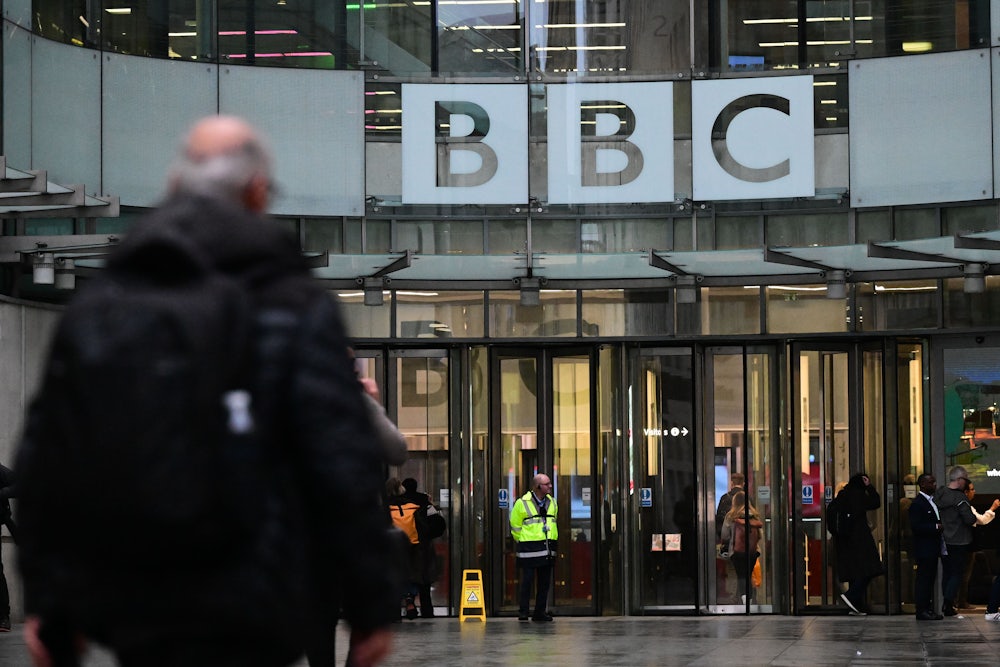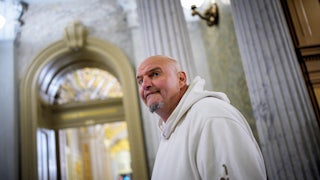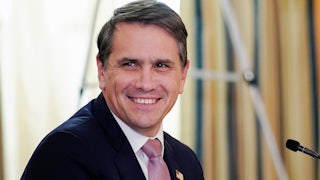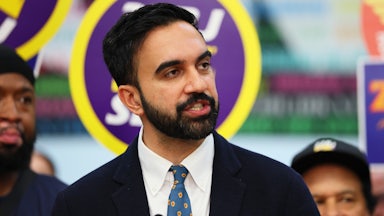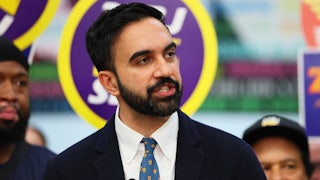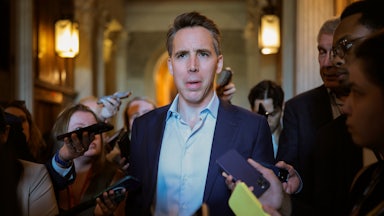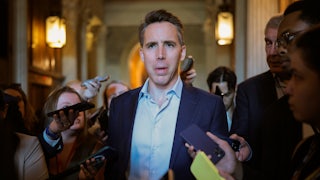Three years ago, in what proved to be his last column for The Guardian before his unexpected and lamentable death, Ian Jack wrote under the headline: “The BBC marks scenes from my life, as it must do for millions—aren’t we lucky to have it?” He was a great friend and a close contemporary of mine, and so his piece had an intense resonance for me: The BBC marked scenes from my life, as well. But then, it has marked British history—and even the history of much of the world—for the century of its existence.
That resonance stretches far away. Those potent three initials for the British Broadcasting Corporation are recognized in any number of countries. You have only to mention “le bay-bay-say” in France or “il bee-bee-chee” in Italy to be understood, eliciting admiring memories that still linger from the days when it was a tocsin of hope throughout occupied Europe (and, for some, in Germany, where a high if grim compliment was paid by the Third Reich to the broadcaster, since listening to “der bay-bay-tsay” was punishable by death). Shortwave meant that in India and Africa, as well, wartime broadcasts were heard, some produced by the single most famous employee the BBC has ever had, George Orwell.
It’s not that the BBC has ever lacked enemies as well as admirers. Donald Trump is only the latest. The litigious president has already won victories against American television networks, and he is now threatening a $1 billion lawsuit against the BBC.
It must be said that he has a legitimate grievance. Panorama is a very long-running BBC television current affairs program. Not long before last year’s presidential election, it ran “Trump: A Second Chance?”—looking at his campaign, his past, and his prospects. In the course of it, short extracts from the speech Trump gave on January 6, 2021, were cut and spliced tendentiously to suggest that he had directly egged on the assault on the Capitol. Acknowledging this, Shamir Shah, the BBC chairman, said that the editing “did give the impression of a direct call for violent action,” and stated the obvious when he said, “We should have acted earlier” to correct the misimpression.
Part of the BBC’s problems go back to its beginnings when radio emerged in the 1920s. In Continental Europe, governments took direct control of radio stations. By diametric contrast, in the United States there was a pure free market, so free that in the early days, stations claimed “squatters’ rights” on frequencies, and there was something of a Wild West quality to it until the government intervened, if only to regulate who could broadcast on which wavelengths.
In London there was a characteristic British compromise, betwixt and between those two. In 1927, the British Broadcasting Corporation was founded with a royal charter, owned by the state but at arm’s length from the government, although the prime minister appointed—and could dismiss—the chairman. The first director general was John Reith, a stern Scotch Calvinist whose mission was ”to inform, to educate, and entertain.” The BBC was and is financed by the somewhat dubious license fee, supposedly a tax levied on the ownership of radios and then televisions, but once ownership became almost universal the license fee became in effect a form of a household tax—and one that governments could threaten to change.
Gradually, the BBC developed as a news organization until 1939, when the war would be the BBC’s finest hour, as it established its unique place in British life and its international reputation. Through Dunkirk, the Blitz, and the years to come, the whole population listened to the nine o’clock news in the evening, and to much else besides, notably ITMA (It’s That Man Again), an impossible-to-describe nonsense comedy show starring the Liverpudlian Tommy Handley, which, even though I never heard it, is part of my folk memory.
By the 1950s, when my own memories start, BBC radio flourished and BBC television began (or rather got going again, because there had been a short-lived television service of a kind before the war, which closed in 1939). When Dwight Macdonald was living in London in the mid-1950s, he was amused to find that the three BBC radio channels corresponded to his theory distinguishing among mass culture, what he called midcult, and high culture, exemplified respectively by the Light Programme, the Home Service, and “the tactfully named Third Programme.” I count the Third Programme as an essential part of my education, with its inspiring mixture of great music, from the BBC Symphony Orchestra among others, and brilliant talks.
In his essay “Amateur Journalism,” Macdonald praised the London weekly papers: The Spectator, The New Statesman, the Times Literary Supplement, and not least The Listener. The contents of that unique and marvelous magazine, apart from its excellent book reviews, consisted entirely of material that had been broadcast that week on the BBC. In America, Macdonald said, an equivalent magazine would have to be published monthly or even annually, and its existence was a remarkable reflection of the BBC’s stature and quality in those days. Not long ago, I was reading a collection of essays by the great Dutch historian Pieter Geyl, including one on “Isaiah Berlin and the concept of historical inevitability.” Looking at the back notes, I noticed that this essay had begun life as a broadcast on the Third Programme. It has to be admitted that broadcasts of that standard seem thinner on the ground than they once were, and the fact that The Listener folded in 1991 was a sad reflection of that decline.
In recent years, the BBC has known one crisis after another. Sometimes this is because it had provoked the prime minister of the day. Margaret Thatcher was particularly suspicious of the BBC as a home of subversives, and the charge of left-wing bias has persisted. There’s an element of truth in this, which might be called sociologically inevitable given the kind of people who work for the BBC. I doubt very many of them voted for Brexit in 2016, but then I don’t imagine that very many of the staff of The New York Times voted for Donald Trump.
More serious have been the scandals. The BBC acted far too slowly dealing with one newsreader who proved to be addicted to child pornography. And there was the still worse affair of Jimmy Savile, a hugely popular entertainer (God knows why) going back to the “Swinging Sixties” who had for years been allowed to brush off dark rumors with a brash flippancy. Only when he died in 2011 did the full truth emerge—that he was a peculiarly nasty sexual predator and pedophile. For whatever reason, the BBC always seems to be caught flat-footed by these events.
But that doesn’t mean that the BBC is always in the wrong, even when it’s accused of wrongdoing. This is the second time this century that the director general has been obliged to resign. In January 2004, not only Greg Dyke, the D.G., but Gavin Davies, the chairman of the BBC, resigned (far from voluntarily, in Dyke’s case) after the Hutton Report was released. This was an inquiry into the events of the preceding year. In May 2003, weeks after the invasion of Iraq, justified by claims from the Bush administration and also from Tony Blair about so-called weapons of mass destruction, a BBC reporter, Andrew Gilligan, said almost casually that the Blair government had “sexed up” the intelligence about Saddam Hussein’s supposed weaponry.
This led to a hysterical outburst from Downing Street, particularly from Alastair Campbell, Blair’s horrible hatchet man. Gilligan’s source, Dr. David Kelly, a weapons inspector, was identified and forced into the open, and he was hounded until he killed himself. And yet Lord Hutton’s report—or whitewash—damned the BBC and cleared the Blair Downing Street of any charge of exaggeration or misrepresentation.
In May 2005, we learned the lethal contents of the “Downing Street memo,” written in July 2002 for the eyes of Blair and a few others by an aide who had recently visited Washington. It said quite correctly that President Bush wanted to remove Saddam Hussein come what may, and “the intelligence and facts were being fixed around the policy.” So it wasn’t sexed up; just fixed. A mendacious government had punished the BBC for doing what news organizations should do: telling the truth.
But if the BBC was in the right on that occasion, it’s in the wrong with the Trump affair, and if it festers, it could have domestic consequences. The BBC is hated by the right-wing press, notably The Daily Telegraph and Daily Mail, and by Nigel Farage and his Reform Party. The longer this business runs, the more grist it will be to their mills. Painful as the thought is of joining all the others who’ve groveled to Trump, and even though it’s unlikely he’ll win the billion dollars in damages that he’s claiming, it would be wise for the BBC to give a full, not to say fulsome, apology and get it over with.
It can then return to its proper work: informing, educating, and entertaining. It has had and no doubt will continue to have faults, but if, as Raymond Aron said, real life is not a choice between pure good and evil but between the preferable and the detestable, there is no question at all which of those the BBC is. It is still preferable to most of the vast array of mass media, let alone the deranged cyberspace inhabited by the ill-named social media. The BBC has not only marked my life, but when all is said, it has been a force for good. Yes, we’re lucky to have it.
